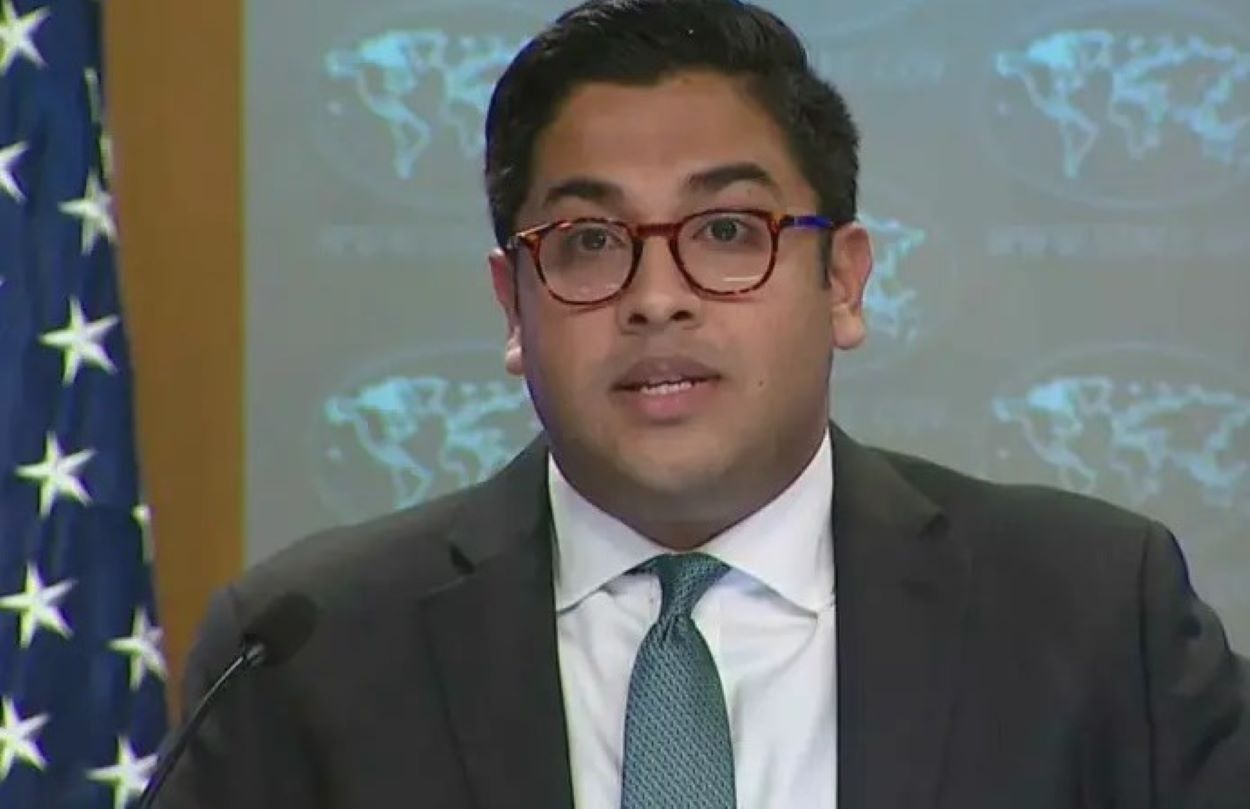On Thursday, the US State Department reaffirmed its strong ties with Pakistan, stating there is “absolutely no” discord between the two nations despite recent sanctions on firms allegedly linked to missile component supplies to Islamabad. During a daily briefing, Principal Deputy Spokesperson Vedant Patel emphasized that Pakistan remains a key regional ally, particularly in security and trade.
Patel also highlighted the ongoing robust partnership, mentioning last week’s discussions with Pakistan’s finance minister in Washington. He stressed the intention to strengthen these bilateral relations further.
In response to the sanctions imposed last week on three Chinese and one Belarusian company, accused of providing dual-use components for Pakistan’s missile program—an allegation Pakistan denies—Patel clarified that the sanctions targeted entities involved in the proliferation of weapons of mass destruction.
He added that similar measures were taken against three Chinese firms on October 23 for their alleged role in Pakistan’s missile program, underscoring a continuous effort to disrupt proliferation networks.
Concurrently, the Foreign Office criticized the US State Department’s Human Rights Report on Pakistan, labelling it “unfair and politically motivated.” The report, which documented serious human rights issues, including unlawful killings, enforced disappearances, and a lack of fair public trials, was rejected by the Foreign Office for lacking objectivity and employing a domestically skewed social lens.
The Foreign Office also accused the report of exhibiting double standards and neglecting severe human rights violations in areas like Gaza and Indian Occupied Jammu & Kashmir, suggesting that the report’s focus is politically skewed.
This criticism aligns with Pakistan’s broader dissatisfaction with how its human rights record is portrayed, advocating for a more balanced and less politically influenced approach in international human rights discourse.






